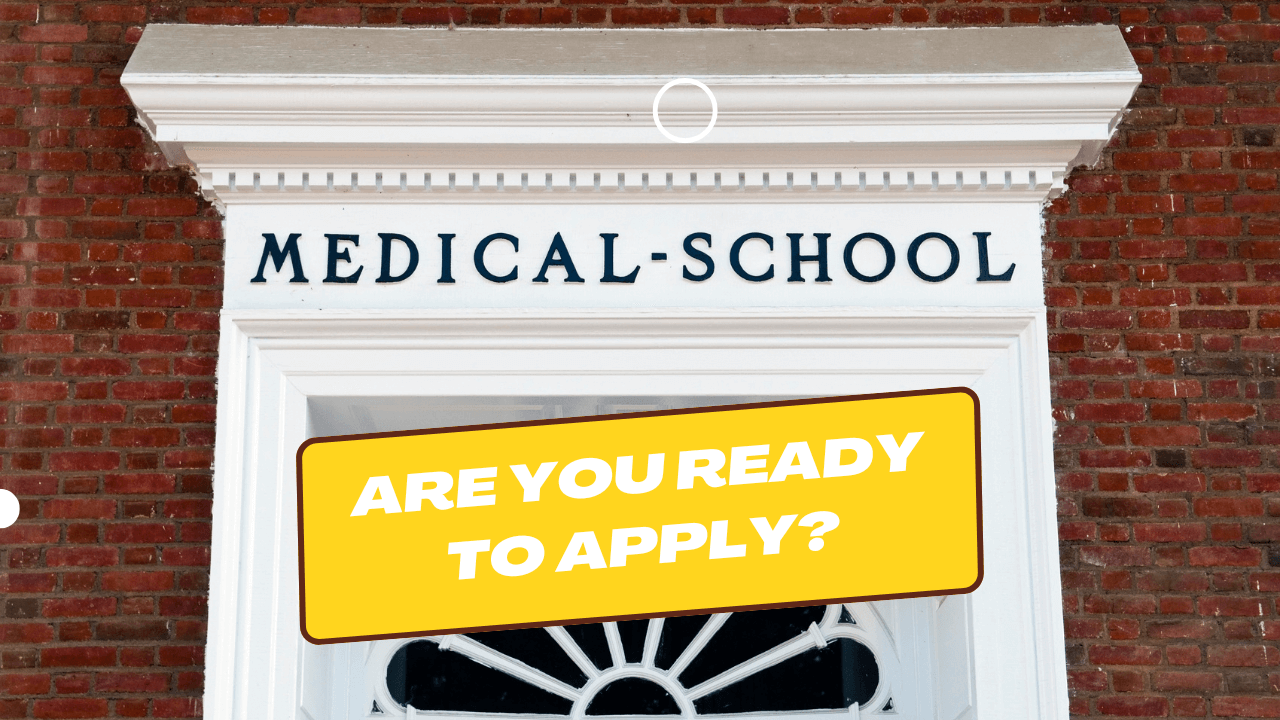Am I Ready to Apply to Medical School?
Am I Ready to Apply to Medical School? There is no single “right” time to apply to medical school and many applicants’ timelines differ. With less...
/about_mega.jpg?width=500&height=500&name=about_mega.jpg)
MedEdits Medical Admissions is the nation's premier medical school admissions consulting firm. Since 2007, founder Jessica Freedman, M.D., and our team of physician educators have guided thousands of aspiring medical professionals through their premedical and medical school journey. Our faculty advisors bring invaluable insider knowledge from serving on medical school admissions committees, education committees, and hospital boards. Combined with our specialized medical admissions writing coaches, we provide the comprehensive guidance and industry expertise essential for acceptance to medical school, residency, and fellowship programs.


Many applicants think that when they submit their medical school application, their work is done. In reality, because the application process can last a full year or more depending on your outcomes and goals, it’s crucial to not only submit the strongest application possible but also continue working to improve your candidacy throughout the cycle.
The spring and early summer are critical times to engage in meaningful experiences that strengthen your profile. The effort you put in before and during the application process represents some of the most important work you’ll do to improve your chances of acceptance. The key is to identify what you can improve and what might be missing from your application portfolio.
Do you lack experience in any of the “categories” that medical school admissions committees want to see? When we meet with applicants early in the application season, we often identify aspects of their experience profile that can be improved. For example, maybe you have little patient-facing experience, or perhaps you’re light on civic engagement or community service work. Use the early spring to seek out opportunities to fill these gaps, ideally before you submit your application. This will enable you to enter those activities as “anticipated,” giving admissions committees evidence that you’re addressing these experience gaps.
Can you make an even greater impact in your current endeavors? Perhaps you have big plans for a gap year research experience or intend to expand outreach through a community service club you started at your college.
Since your application represents a snapshot of your experiences and growth up to this point, it’s valuable when you can indicate your goals for activities in the coming year. This shows medical schools that you’re forward-thinking and ambitious.
Don’t think that nurturing professional relationships ends after you hit the submit button. Many medical schools allow you to send additional letters of recommendation during the application process.
This can be particularly helpful if you’re waitlisted at a top-choice school; an additional endorsement from a new mentor can be the key to moving from a waitlist to an acceptance.
Remember, your curriculum vitae, just like your medical school candidacy, is always evolving. Continue to build on your experiences, maintain a growth mindset, and keep working throughout your application year. The most successful applicants don’t view application submission as the finish line but rather as a checkpoint in their ongoing journey toward becoming a physician. By consistently enhancing your profile, you’ll not only improve your chances of acceptance but also develop skills and perspectives that will serve you well throughout your medical career.
/about_mega.jpg)
Jessica Freedman, M.D., is a board-certified emergency physician, former faculty member, medical school admissions committee member, and Associate Residency Director at the Icahn School of Medicine at Mount Sinai. She is the founder and chair of MedEdits Medical Admissions. Since 2007, she has helped thousands of students navigate the medical school admissions and residency match processes, with more than 95% of comprehensive clients gaining acceptance. She is the author of four books on medical admissions and host of The Oath podcast.

Am I Ready to Apply to Medical School? There is no single “right” time to apply to medical school and many applicants’ timelines differ. With less...

Internal Medicine Residency Match 2024-2025 Table of Contents Toggle